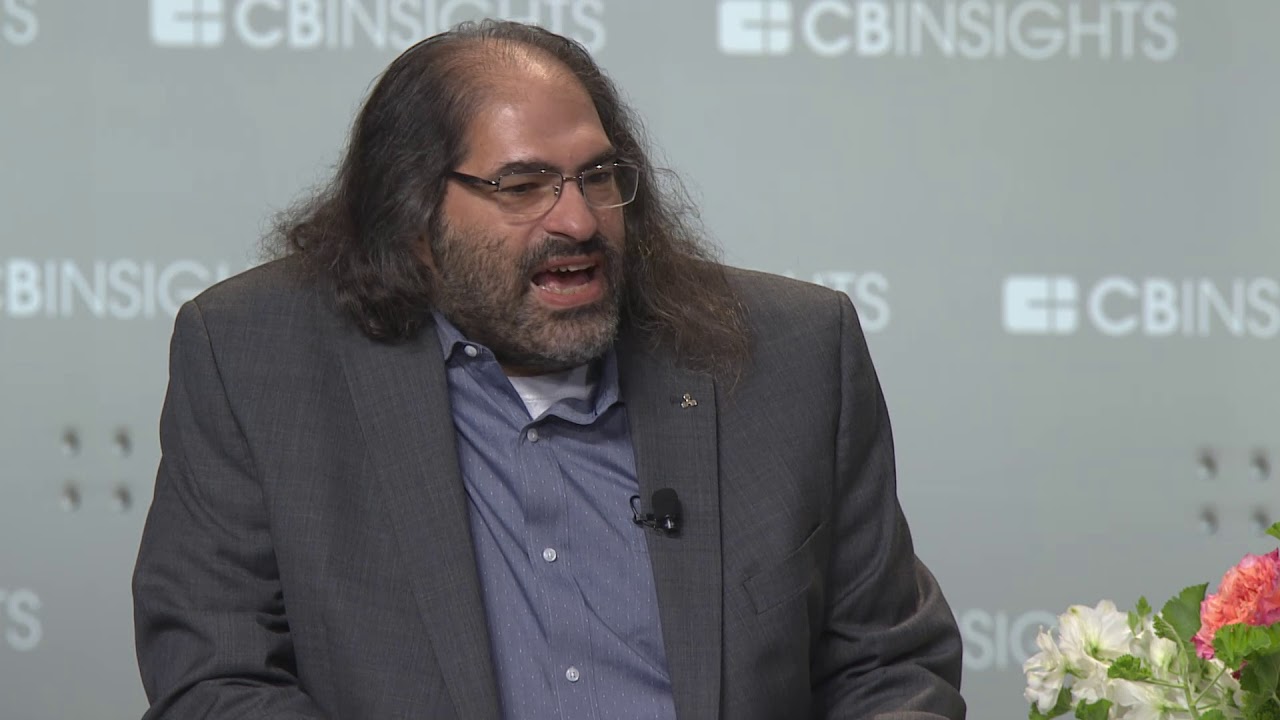Ripple CTO Clarifies No Plans for Unilateral XRP Ledger Changes
05.09.2024 20:30 1 min. read Alexander Stefanov
Ripple’s CTO, David Schwartz, has addressed recent speculation that Ripple might unilaterally alter the XRP Ledger.
Following a blog post about enhancing programmability on the XRPL, concerns emerged about Ripple’s intentions.
Schwartz clarified that Ripple neither has the power nor the intention to make unilateral changes to the XRPL. Instead, the company aims to explore ways to improve programmability on the XRPL Mainnet while continuing work on the Ethereum Virtual Machine (EVM) sidechain.
The blog post was meant to outline Ripple’s focus and invite community feedback, not to present a finalized proposal.
The push for increased programmability comes after discussions with various stakeholders, revealing that overcoming issues like ledger bloat and transaction speed could make it feasible. Schwartz, initially skeptical about integrating smart contracts without altering the XRPL’s core, now sees potential.
The initiative also aligns with upcoming XRP community events in Korea and Japan, providing opportunities for further discussion. Schwartz reassured that the timing and actions are aimed at fostering transparency and engaging with the community.
-
1
Trump Imposes 50% Tariff on Brazil: Political Tensions and Censorship at the Center
10.07.2025 7:00 2 min. read -
2
Key Crypto Events to Watch in the Next Months
20.07.2025 22:00 2 min. read -
3
USA Imposes Tariffs on Multiple Countries: How the Crypto Market Could React
08.07.2025 8:30 2 min. read -
4
UAE Regulators Dismiss Toncoin Residency Rumors
07.07.2025 11:12 2 min. read -
5
Ripple Selects BNY Mellon as Custodian for RLUSD Stablecoin Reserves
09.07.2025 15:28 2 min. read
Two Upcoming Decisions Could Shake Crypto Markets This Week
The final days of July could bring critical developments that reshape investor sentiment and influence the next leg of the crypto market’s trend.
Winklevoss Slams JPMorgan for Blocking Gemini’s Banking Access
Tyler Winklevoss, co-founder of crypto exchange Gemini, has accused JPMorgan of retaliating against the platform by freezing its effort to restore banking services.
Robert Kiyosaki Warns: ETFs Aren’t The Real Thing
Renowned author and financial educator Robert Kiyosaki has issued a word of caution to everyday investors relying too heavily on exchange-traded funds (ETFs).
Bitwise CIO: The Four-Year Crypto Cycle is Breaking Down
The classic four-year crypto market cycle—long driven by Bitcoin halvings and boom-bust investor behavior—is losing relevance, according to Bitwise CIO Matt Hougan.
-
1
Trump Imposes 50% Tariff on Brazil: Political Tensions and Censorship at the Center
10.07.2025 7:00 2 min. read -
2
Key Crypto Events to Watch in the Next Months
20.07.2025 22:00 2 min. read -
3
USA Imposes Tariffs on Multiple Countries: How the Crypto Market Could React
08.07.2025 8:30 2 min. read -
4
UAE Regulators Dismiss Toncoin Residency Rumors
07.07.2025 11:12 2 min. read -
5
Ripple Selects BNY Mellon as Custodian for RLUSD Stablecoin Reserves
09.07.2025 15:28 2 min. read

